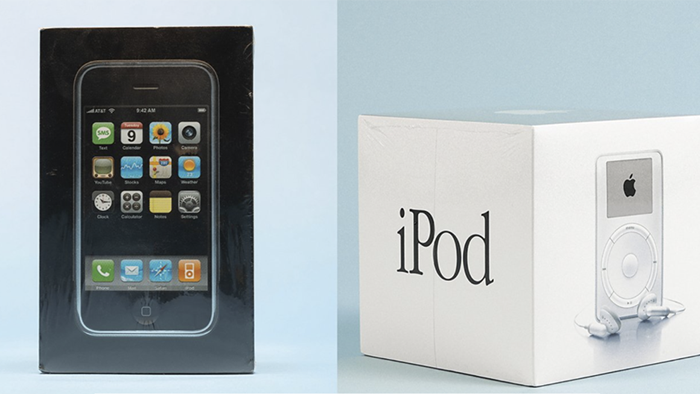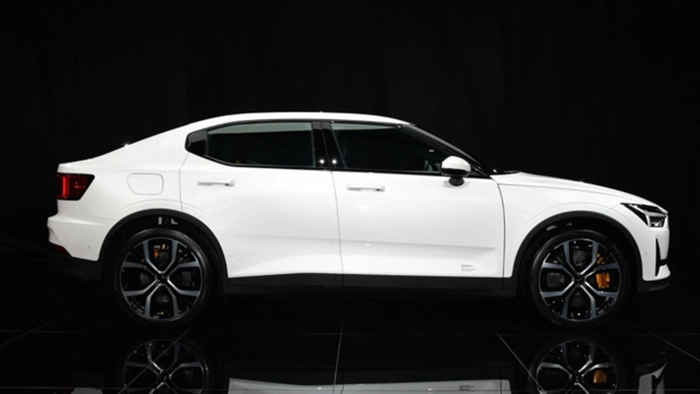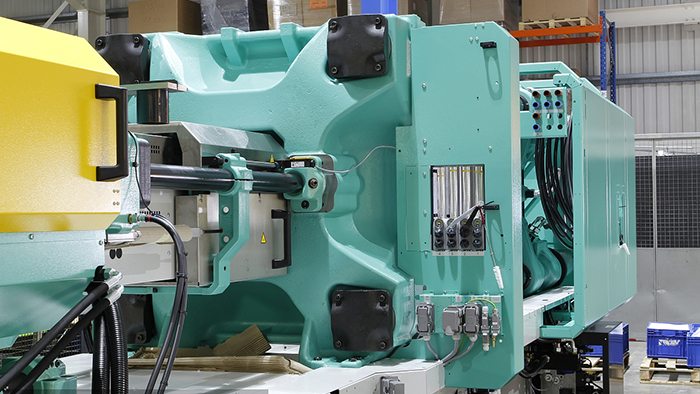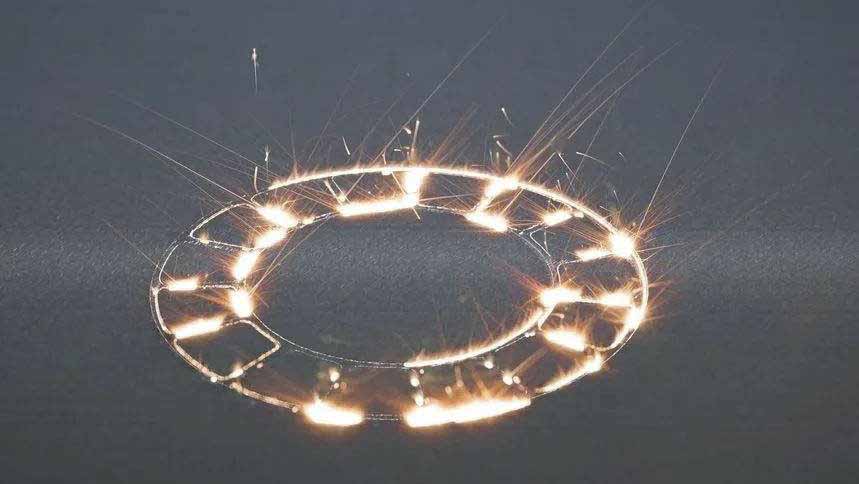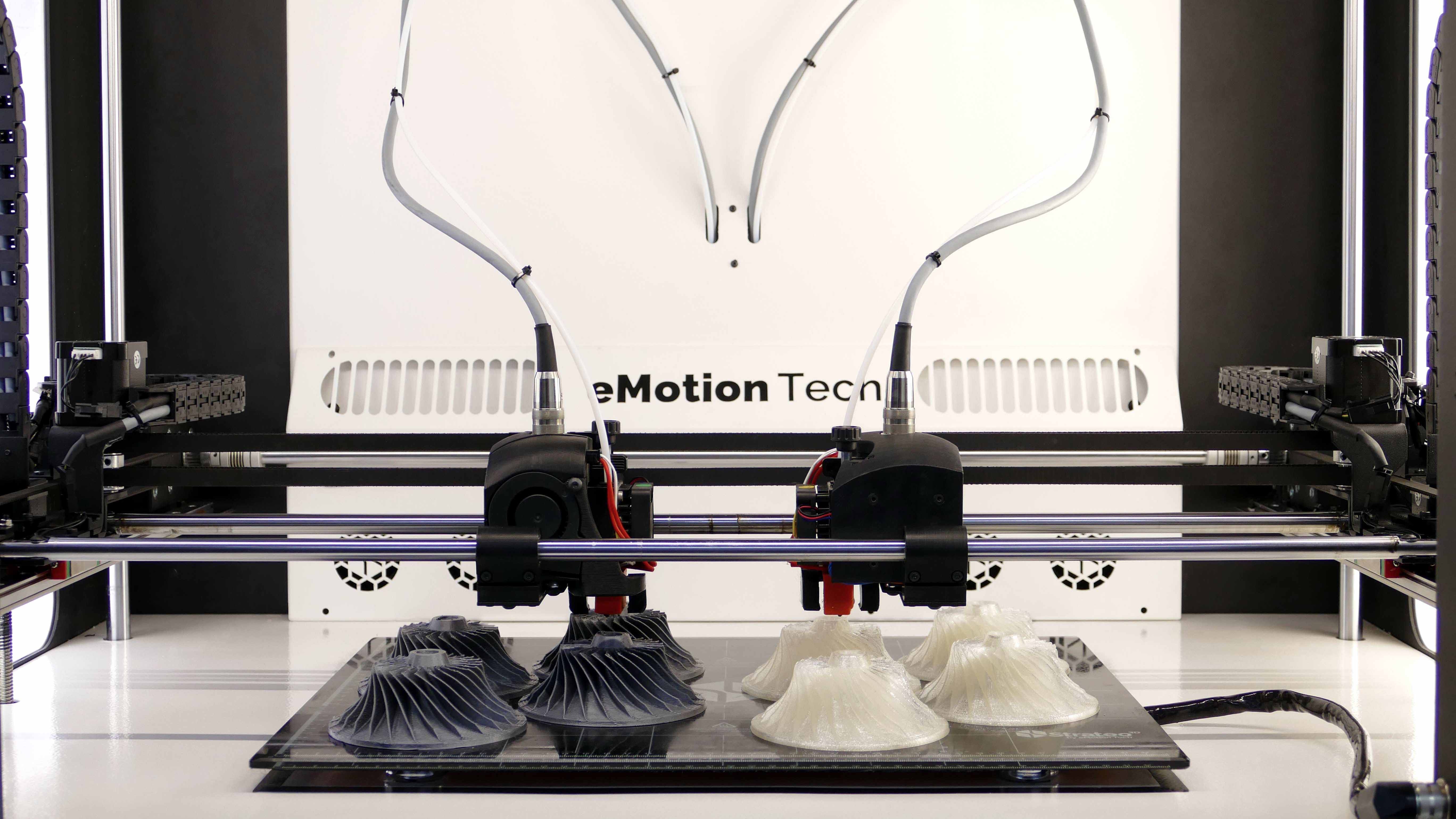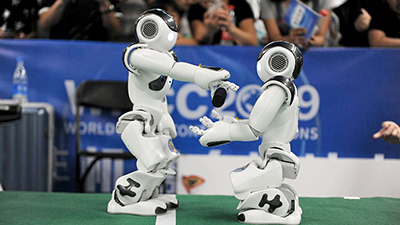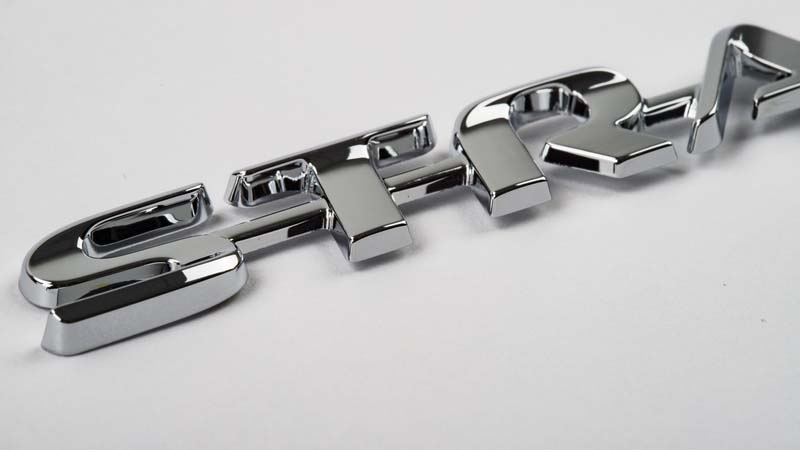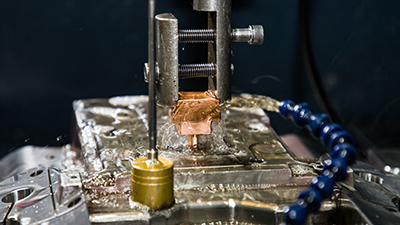(Mastars provide Precision injection molding 、rapid cnc services. The industry covers a wide range of fields, including automobiles, motorcycles, health care, outdoor sports, home appliances, household goods, 3C Electronics, agriculture and stage lighting, etc.)
Presented by Altair in partnership with CAR (Center For Automotive Research), the award recognizes organizations and companies that have made significant breakthroughs in the areas of sustainability and lightweighting. Which of this year's award-winning products feature lightweighting technologies for automotive plastics? Take a look!
Adient's ultra-thin seats reduce weight by 14%
Adient's UltraThin seat is a new, unique seat structure made from thermoplastic elastomer (TPE) that offers high comfort and support, and a compact overall structure that saves space and weight.
"The UltraThin Seat is a medium to large shift from traditional automotive seating from foam upholstered seat structures to comfortable cushions and backs made from recyclable thermoplastic elastomers. It redefines the "meat-to-metal" value in automotive seat design (i.e., the minimum distance between the simulated person and the seat skeleton in a comfortable cross-section). It thins the thickness and reduces weight through engineering mechanics and concave contouring." Andorto chief engineer Tom Gould said.

The ultra-thin seat is available for all seat rows and all vehicle segments. The automaker is working with Andorto to optimize the co-development of its existing seat structure. It can be applied to both the front and rear of the vehicle, meeting different needs from basic to luxury models.
Toyota Tundra seats reduce weight and cost by 20 %
In collaboration with BASF and L&L Products, the Toyota Tundra replaced more than 60 stamped and welded steel parts in the seat assembly with just four composite parts, resulting in a significant weight reduction in the second-row seat skeleton and a reduction in assembly and scrap costs for metal parts.
These production changes achieved a 20 percent weight reduction and a 20 percent cost savings compared to previous generations of steel seat frames.
The seat structure is described as the first application of BASF's polyurethane pultrusion system Elastocoat® 74850's Elan Continuous Composite Systems™ (CCS™) technology for automotive interiors.
CCS is a fiber-reinforced composite carrier with highly engineered sealants and adhesives in a two-dimensional plane. The seat was also secondary molded with BASF's impact-modified polyamide 6 Ultramid® B3ZG7 CR to create the 60% 3D shape of the seat back.
Yanfeng airbag integration system reduces weight by 23%
Yanfeng's Integrated Instrument Panel and Passenger Airbag (IP PAB) system, which combines the slides and airbag module housing into one, reduces costs and creates synergies in the development process. By using alternative materials and reducing weight by 23%, the system reduces the product's carbon footprint by 50%.


